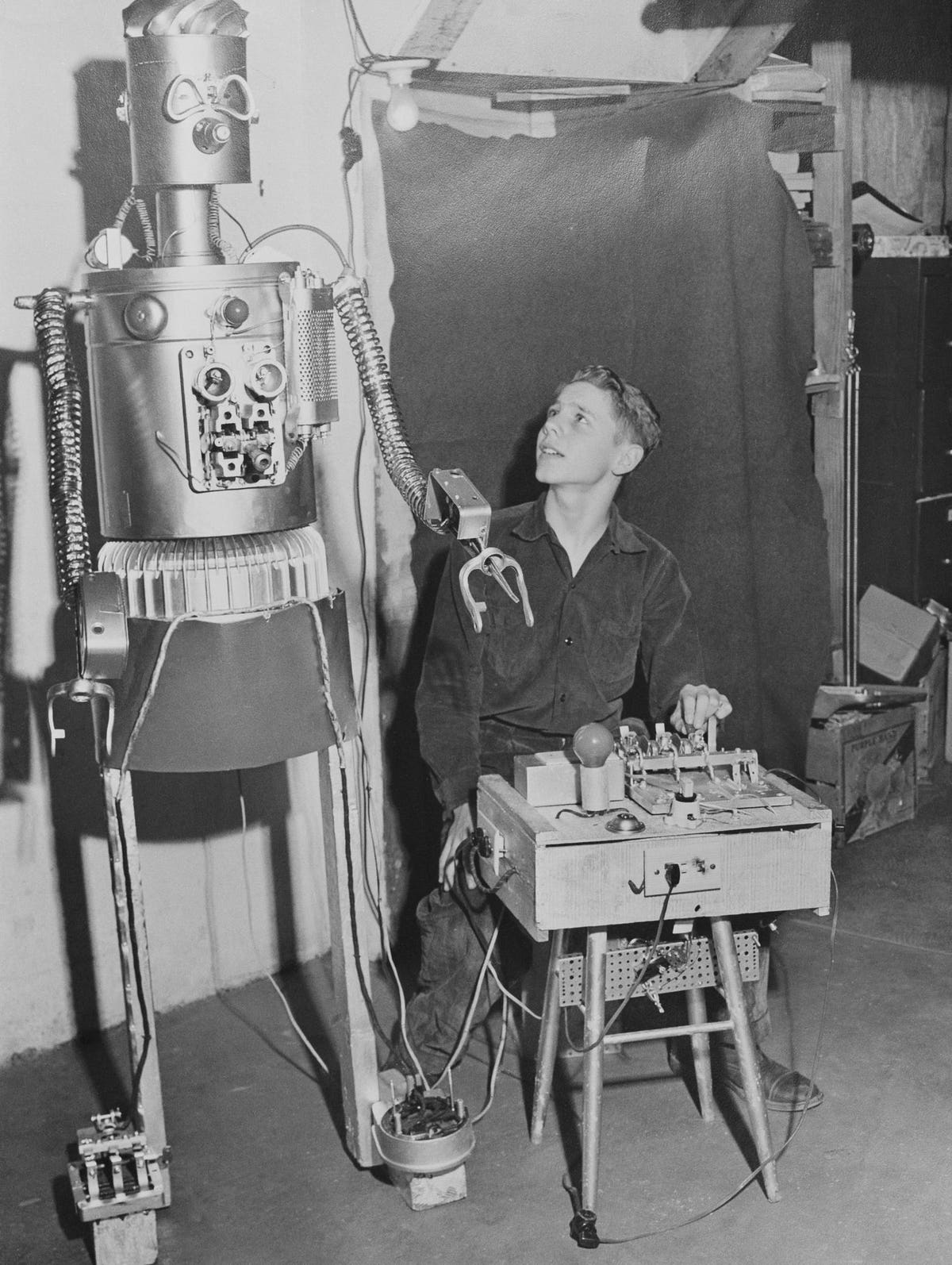The introduction of generative artificial intelligence (AI) tools like ChatGPT appeared to come out of nowhere, with capabilities that didn’t seem possible even a year ago. This has led to concern about what it will mean for the future of work. It seems a forgone conclusion that generative AI will threaten to fully supplant the need for human involvement in some job functions. It could replace programmers, paralegals, and even teachers in the years ahead, according to Insider.
If you’ve played around with a generative AI tool, you probably get where the worry comes from. The technology is incredibly capable; it’s hard to argue that work won’t change. And some of that change may include people losing out to ones and zeros flowing through a server somewhere.
Yet, I’m skeptical that “things will never be the same.” Remember when COVID would do away with handshaking and mask-less airplane trips? I’m writing this from an airport and can assure you that the prediction missed the mark. Remember when companies were going to let employees work fully remote forever? As this Insider list makes clear, that’s a dying theory. Those of a certain age may recall that the advent of video conferencing and email would do away with business travel. Wrong.
Prepare As AI Becomes Increasingly Capable
So, while there’s little doubt that generative AI will change the world of work, entire swaths of humanity being replaced in certain sectors is, I think, a bit hyperbolic. Almost always, emerging technologies spawn new industries or workstreams humans must handle. The World Economic Forum notes that by 2025, technology (including generative AI) will create 12 million more jobs than it will destroy. Young professionals would be foolish not to consider what AI means for their work futures. How do you inoculate yourself against the changes that are coming? How do you stay relevant?
The answer: develop leadership skills.
Leading others is something generative AI tools can’t do. The intuition, charisma, relationship-building, and other traits common in a great leader don’t exist in generative AI. Even ChatGPT realizes this. I prompted the technology with this question: Can you lead people? The answer: I don’t have personal agency or the ability to physically lead people in the way a human leader would.
Leadership is, at its core, a human endeavor. It relies on people engaging with others and bringing different perspectives to make decisions or solve complex problems. It often involves the “gut.” As the Harvard Business Review notes: “While it’s true that intuition can be fallible, studies show that pairing gut feelings with analytical thinking helps you make better, faster, and more accurate decisions, and gives you more confidence in your choices than relying on intellect alone.” Generative AI doesn’t have a “gut.” You do. You can use that to your advantage.
But don’t only use your gut. Take time to learn what leadership is and use frameworks to guide your thinking. Contrary to what many believe, some aspects of leadership can be learned. As this Forbes article notes, there are important traits that great leaders are born with, or at least manifest at a very young age. Yet, there are things outside of genetics that increase a leader’s efficacy. Coaching, 360° assessments, personality quizzes, and domain knowledge all increase your ability to lead successfully. Not coincidentally, we’ve taken the importance of the first two items (coaching and self-assessment) to heart in the design of many of Harvard Business School’s online leadership certificate programs and executive education programs. It turns out that to lead others, you need to know yourself.
In fact, Harvard Business School Professor Joshua Margolis notes in this HBS Online video that self-awareness is a key component of emotional intelligence, also known as EQ. Knowing yourself and having EQ is part of being a living, breathing, and conscious entity. Machines, even sophisticated ones, don’t have consciousness like you do. They can’t have EQ. And since EQ is a significant part of being a successful leader, you’re at a distinct advantage if you have it—not just in future workplaces, but in your current role. And don’t think that if you’re an individual contributor you don’t need to study leadership. You do. Developing yourself as a leader is not something you do the day before you are asked to lead a project team. Learn now so you are ready later.
Cogito, ergo sum. I think, therefore I am. So wrote Descartes in 1637. His simple phrase became a foundation for much of Western philosophy. If he’d written his dictum today, he might have instead penned, “I lead, therefore I am.” It’s leadership in an AI-infused world that makes you distinctly human. Embrace opportunities to practice it early and often. Study it. It’s one of the only things keeping the robots from taking over your job.
Read the full article here





